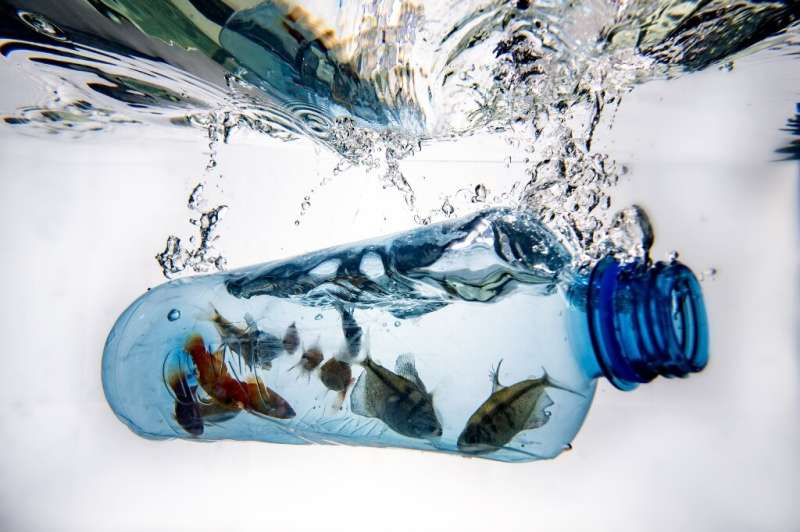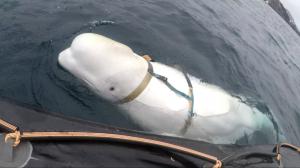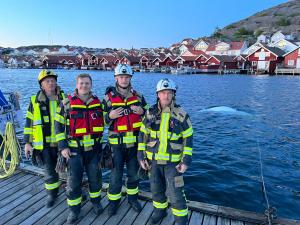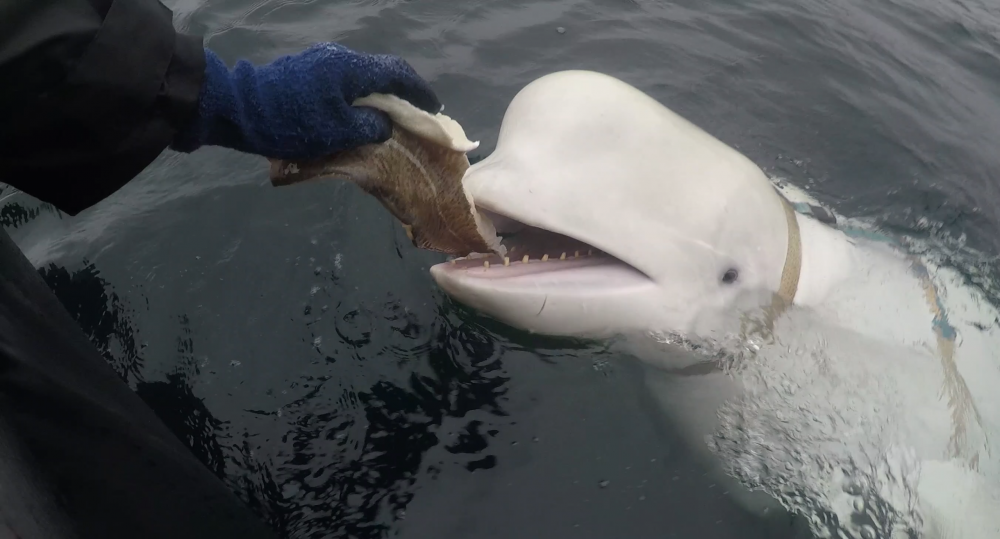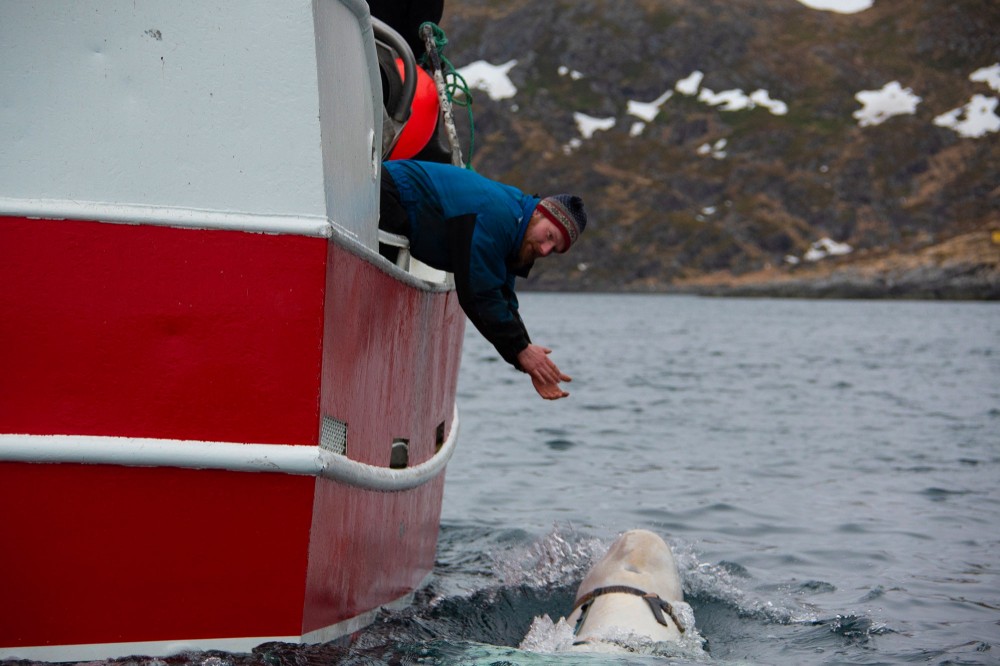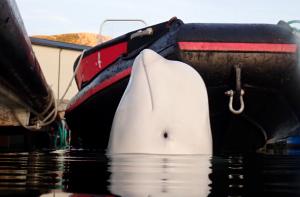By Matt Bernardini
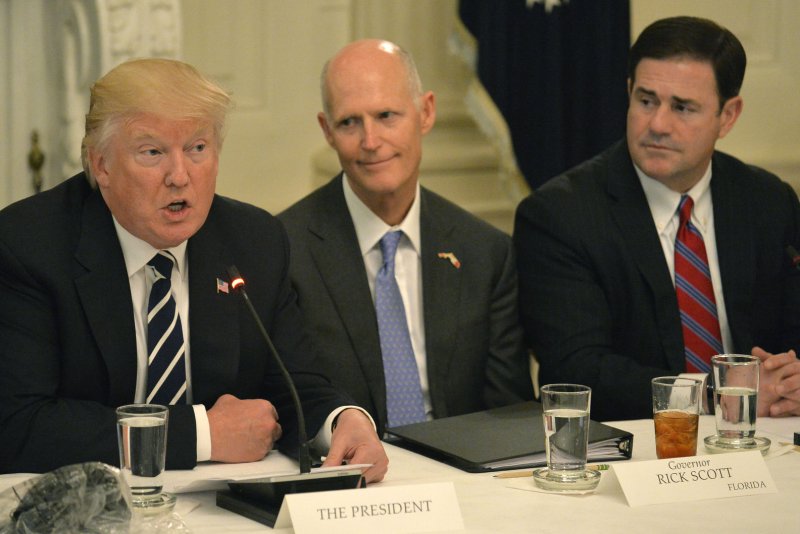
Former Republican Gov. Doug Ducey (at right in 2017 meeting with former President Donald Trump, at left) allocated tax money to the Empowerment Scholarship Account Program, which allows parents to use the money to send their children to the school of their choice. The funds were supposed to pay for half-day kindergarten for students in public school, but the money never went to the state Department of Education, Arizona Gov. Katie Hobbs said.
May 26 (UPI) -- Arizona Governor Katie Hobbs announced that the state's former governor misappropriated $50 million in funds that had been provided by the American Rescue Plan.
Former Republican Gov. Doug Ducey allocated the money to the Empowerment Scholarship Account Program, which allows parents to use the money that would have gone to education taxes to send their child to the school of their choice.
The funds were supposed to pay for half-day kindergarten for students in public school, but the money never went to the state Department of Education, Hobbs said.
"Illegally giving $50 million to private schools while failing to properly invest in public education is just one egregious example of the previous administration's blatant disregard for public school students," Hobbs said. "I will always fight to protect our public schools and work to give every Arizona student the education they deserve."
Hobbs' offices said that the grant violated multiple constitutional provisions, including on equal protection, the gift clause, and maintenance of a general and uniform public school system. She also said that the grant violated provisions of the American Rescue Act.
Hobbs said that her office was looking at alternative ways to spend the money.









